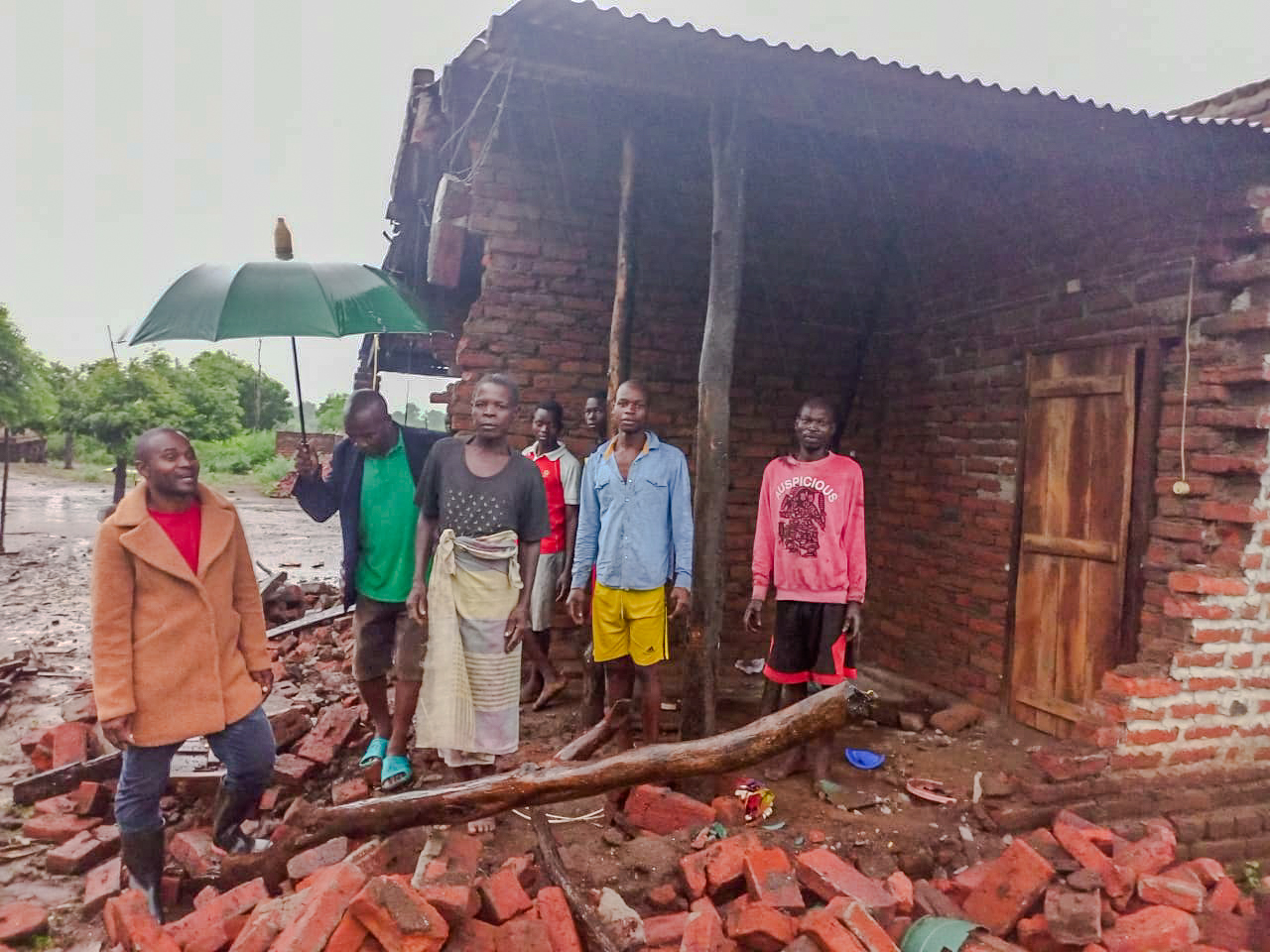
As extreme weather events become increasingly frequent and intense, cities in the Global South are strengthening technical cooperation ties through peer-to-peer learning projects, known as city-to-city peer learning. With the support of the World Food Programme (WFP), the second phase of the Regional Urban Preparedness project promotes exchanges of experiences between municipalities in Lesotho, Madagascar, Mozambique and Zimbabwe, contributing to urban resilience and food security.
The initiative, organized within the framework of South-South and Triangular Cooperation (SSTC), seeks to integrate solutions based on practice and local knowledge. One of the highlights was the participation of Mozambican representatives in the International Week for Resilient and Sustainable Cities, held in Brazil in March 2025. There, experts discussed strategies for adapting to urban flooding, based on the experiences of the cities of Caxias do Sul (Brazil) and Beira (Mozambique), with technical support from the Universities of Caxias do Sul and Westminster (UK).
According to the World Economic Forum’s Global Risks Report 2025, extreme weather events dominate the threat landscape in both the short and long term. The impact is even more severe in the urban centres of the Global South, which face a confluence of crises: intensified migration, poverty, structural inequalities and the effects of environmental degradation on rural and urban environments.
Despite the efforts of many cities – which include everything from early warning systems to nature-based urban regeneration – technical limitations still make it difficult to scale up the necessary actions. In this context, city-to-city learning emerges as a powerful alternative for sharing adapted and effective solutions.
Centre of Excellence
The WFP Centre of Excellence against Hunger in Brazil has played an articulating role in these structured exchanges. Acting as a global platform for South-South Cooperation, the Centre seeks to promote inclusive, sustainable climate solutions anchored in the reality of countries in the Global South.
Through technical visits, workshops and political dialogues, the Centre has been strengthening local capacities, encouraging innovation in public policies and expanding the technical sovereignty of the cities involved. Betting on collaboration between peers represents not only a way of tackling the effects of the climate crisis, but also an opportunity to build fairer, more contextualized and lasting responses.




